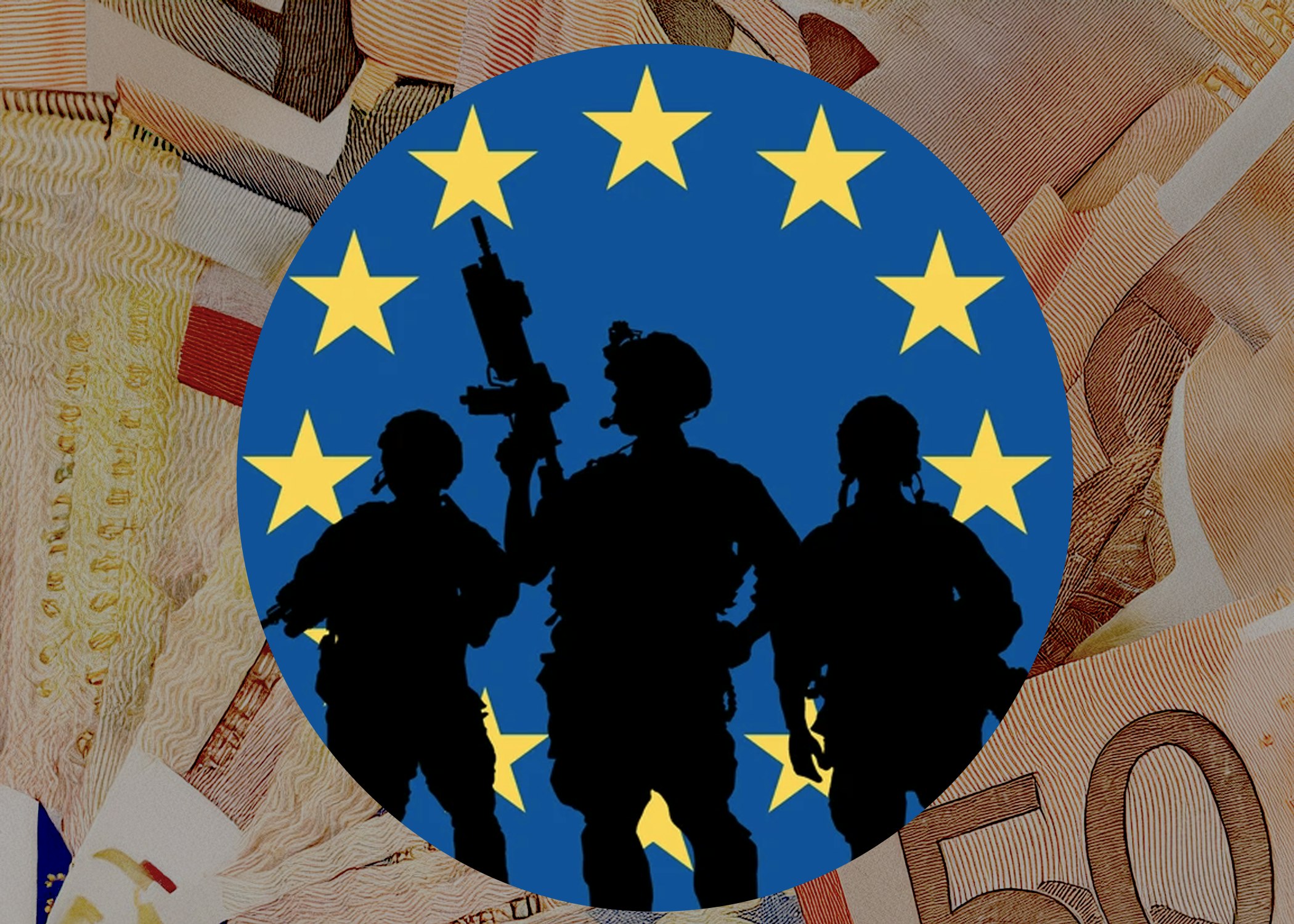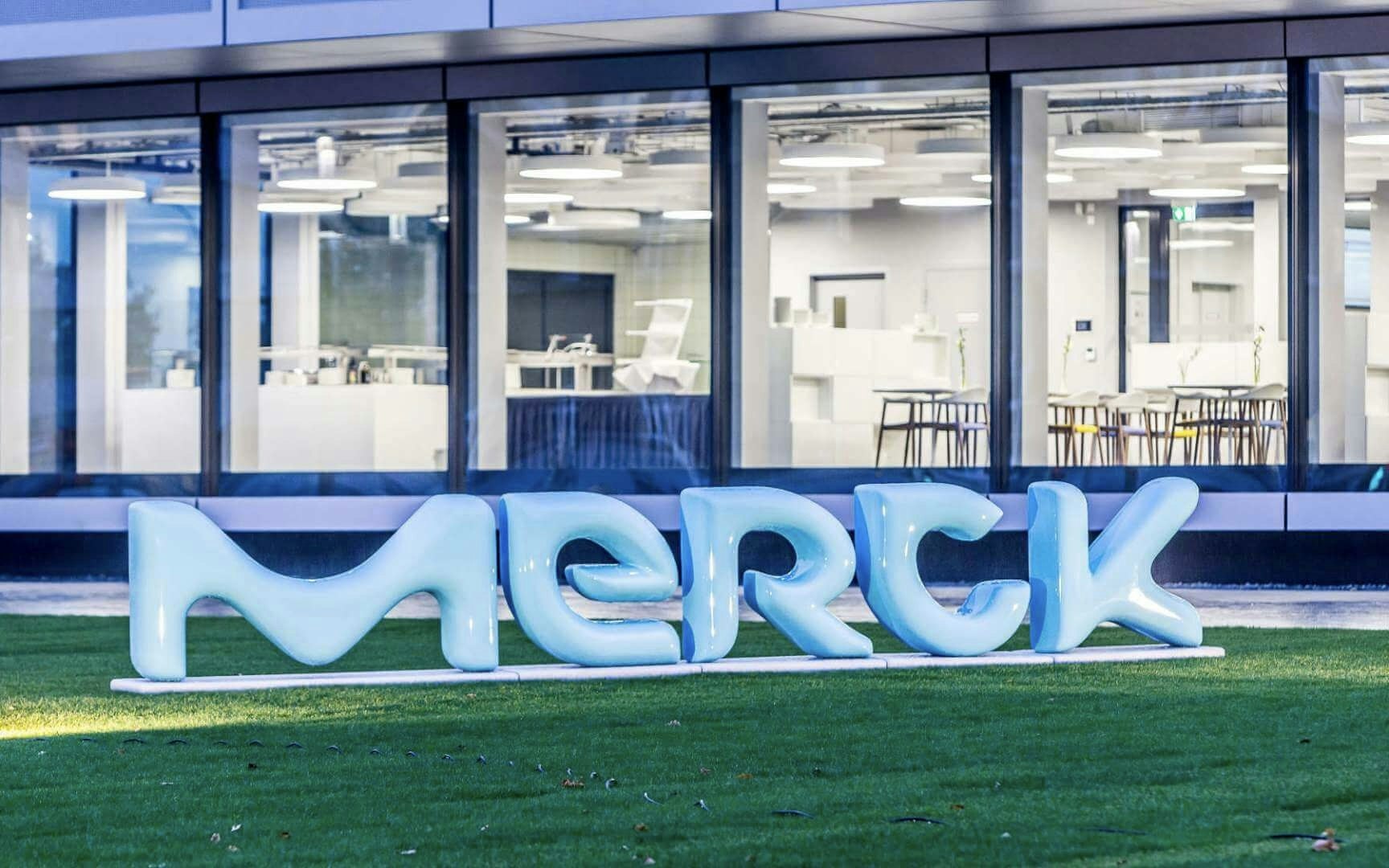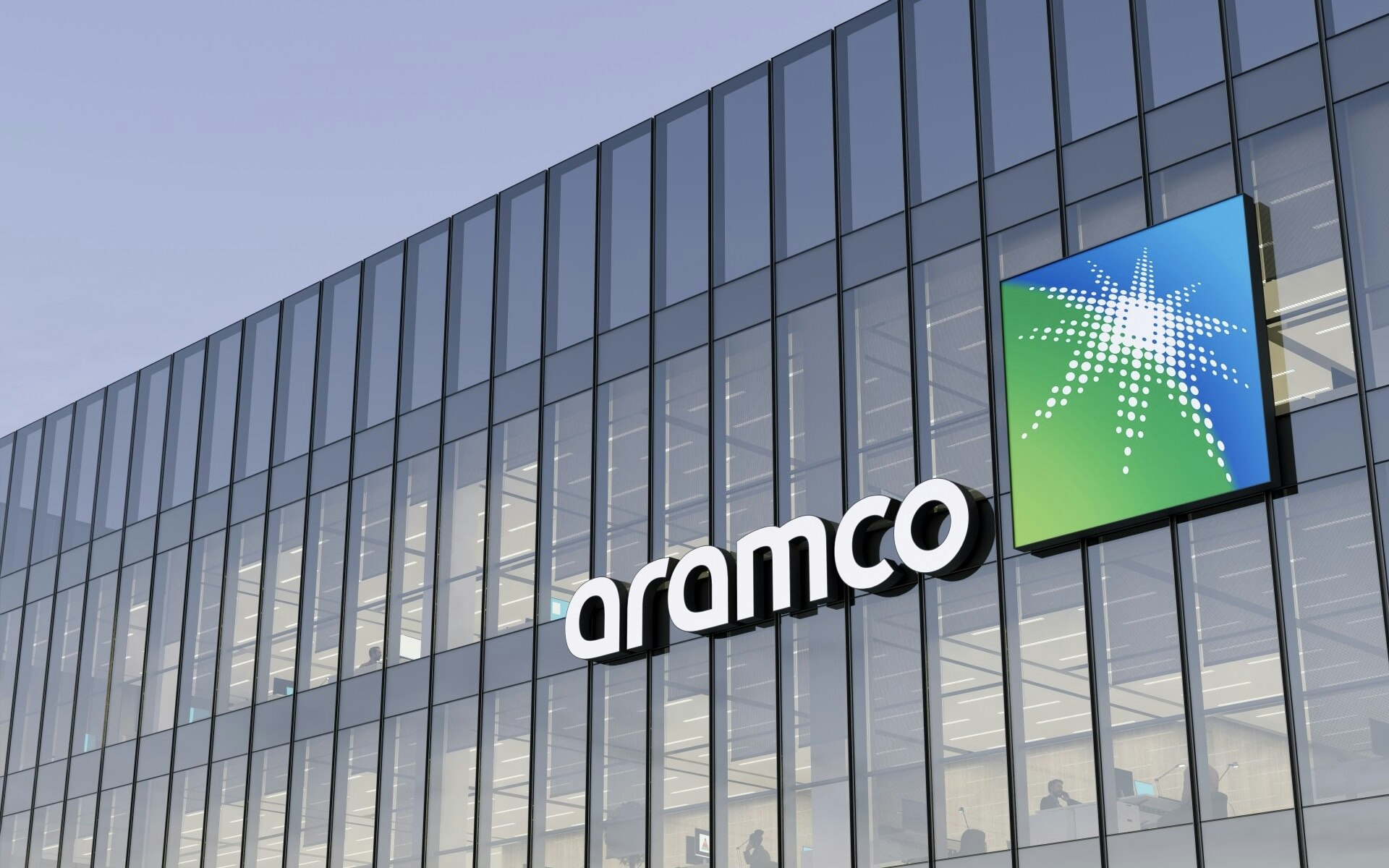Meta, the tech giant from Silicon Valley, has big plans: Artificial intelligence is set to populate the next-generation social networks. The goal is to make the platforms with 3 billion users more entertaining and relevant – and thus to prevail against the competition.
AI Meets Social Media: What's Behind It?
Meta experiments with AI tools that allow users to create virtual characters. These characters can have profiles, generate and share content – almost like real users. "We expect these AIs to exist on our platforms just like regular accounts in the near future," explains Connor Hayes, Vice President of Product for generative AI at Meta.
So far, most users have used Meta's AI to edit real content like photos. But the goal is clear: AI should make social interactions more entertaining and creative. A pilot project in the USA shows that hundreds of thousands of AI characters have already been created - but mostly for private use only.
Meta, TikTok and Snapchat in the race
Meta is not alone in the race for the best AI features. Snapchat recently introduced tools that allow users to create 3D characters for Augmented Reality (AR). TikTok is testing "Symphony," an AI suite that allows brands and influencers to generate videos and avatars from text commands—in multiple languages.
Meta plans another big step for 2024: With new text-to-video software, creators will be able to transform their content into AI-generated videos. This technology even allows live video calls with AI avatars that speak in the creator's style and focus on specific topics.
The Dark Side of AI Avatars
But with all these possibilities, there are also risks. Experts warn that AI characters could easily be misused for misinformation. Becky Owen, former head of Meta's creator innovation team, cautions: "Without robust safeguards, platforms could amplify false narratives through these AI accounts.
Meta tries to allay such concerns with clear guidelines. AI-generated content must be labeled. Still, the question remains: Will AI avatars diminish the quality of platforms and weaken user trust?
Between Innovation and Mistrust
The idea is revolutionary: Creative entertainment through AI characters that generate content and interact with users. But compared to human creators, AI personas lack one thing: emotions, life experiences, and the ability to be truly relatable.
Meta takes a risk. The coming years will show whether virtual characters will enrich social media – or drown it in a sea of triviality. One thing is certain: The revolution has begun, and Meta is at the forefront.




